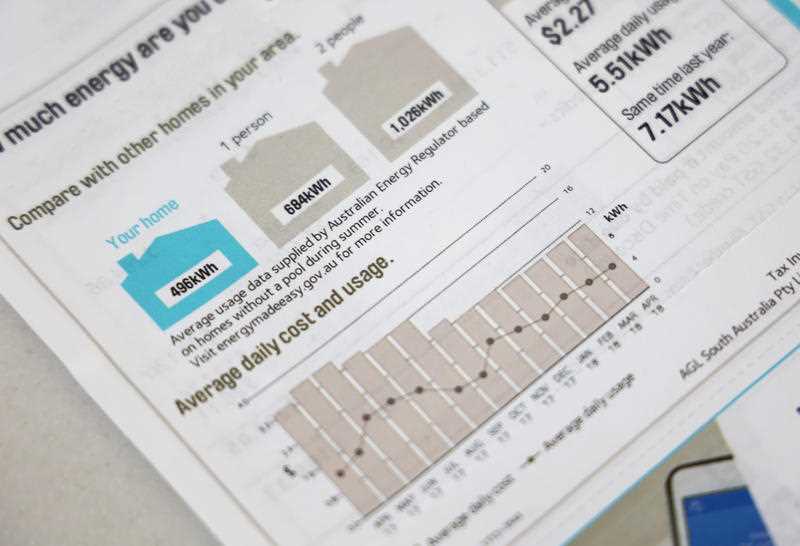Wholesale electricity costs are forecast to jump by less than half of earlier dire predictions after the federal government stepped in to cool the market.
Updated Treasury forecasts have prices in Queensland coming in at 44 per cent lower than previously expected, while they are predicted to be 38 per cent lower in NSW, 32 per cent lower in South Australia and 29 per cent lower in Victoria.
The government imposed a temporary 12-month price cap on gas at the end of last year to curb runaway prices.
Treasurer Jim Chalmers said it would take time for the cap to flow through to some parts of the market.
“Our intervention will help take some of the sting out of power prices for families and businesses,” he said.
“This isn’t an overnight fix, it’s going to take some time, but it’s heartening to see the plan is already starting to work.”
Dr Chalmers said gas retailers’ supply costs should fall in the coming weeks, while retail electricity bills in 2023/24 are expected to be $230 lower than they would have been.
But Nationals leader David Littleproud said the cap wasn’t necessary because the international pressures that caused the gas price spike were easing.
“We are drawing down on our gas reserves every year. And so if we don’t add to them, it means the supply goes down and our price stays up,” he told Nine’s Today program on Saturday.
Treasury compiled data from the Australian Stock Exchange before and after the government intervention.
The price dropped from $213 a megawatt hour to $133 in NSW, from $220 to $124 in Queensland, $134 to $95 in Victoria and $202 to $137 in South Australia.
Energy Minister Chris Bowen said lower prices in the short-term were “a good step forward”, but there was more to be done to provide energy relief.
“(There is) more yet to be done in terms of ensuring that the cheapest form of energy is introduced more and more into our system and, of course, that is renewable energy.” he told reporters.
A mandatory code of conduct is also being put in place for the sector to stop big power corporations from gouging exorbitant profits.
The oil and gas industry said while they welcome the release of interim guidelines from the Australian Competition and Consumer Commission, uncertainty persists.
The Australian Petroleum Production and Exploration Association said the guidelines do little to resolve short- and long-term market uncertainties.
“It is clear that the new rules will make it extremely challenging for producers to continue to provide the flexibility of gas supply required by customers,” chief executive Samantha McCulloch said.
She said government intervention provided no benefit to consumers with 90 per cent of gas supply in 2023 already locked into contracts.
By Dominic Giannini, Finbar O’Mallon and Rachael Ward in Canberra



